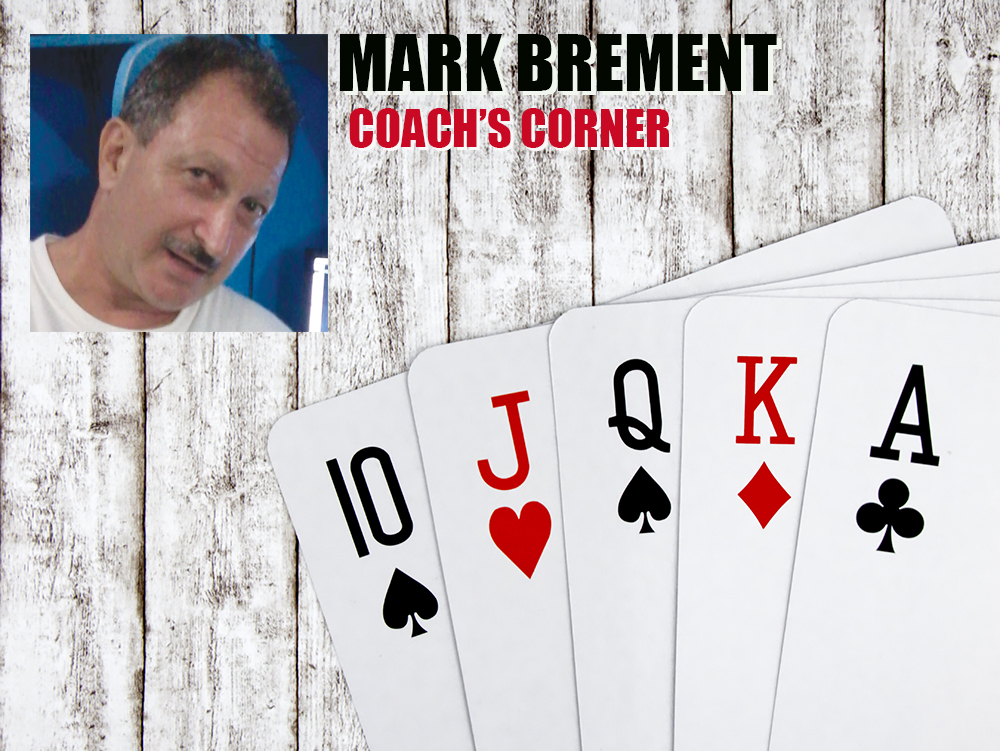Editor’s note: This is one in a series.
Edge in poker can be interpreted as having an advantage in a given situation at the table; when involved in a hand. However, the more we delve into this controversial topic; the greater the intangibles play a role in understanding what edge means.
The recurring sum of net edge, multiplied by the volume equals expectation; which over time will equal your profit. Simply put, math does not lie. If we get all of our money in the pot with a bigger pair in the hole vs. a lower pair, it should be simple enough to compute our expected profit. Or simply putting a suited A-Q vs. 8-8 in PokerStove (a freeware probabilistic poker calculator that determines the odds of winning) will compute the hand value of one against the other, but this relatively simple hand analysis cannot comprehend or quantify the value of the respective hands when taking position to account.
And we can keep adding factors we’re not able to numerically value. This muddles things. I recently sat in a no-limit game at an unfamiliar venue. Within 10 minutes, I knew where and why I wanted to change my seat. I needed to get to the left of the deepstack, who also was the dominant player. As soon as my request was complied, this player requested a table change. We knew what each other was doing in about 30 minutes, playing the intangibles. Perhaps the biggest decision one can make in a given night of poker is picking the table. This certainly puts a unique slant on edge.
Remember, poker is a net-sum game. If we get into situations with the best of it, this is from where much of our earn will come. We have to understand over the long run, getting our dominant hand in against more players will earn us more profit, but might decrease our scoop rate. I had back-to-back conversations with students recently where both players lamented the tendency of opponents, of not respecting the raise and the “game being too weak to beat.”
It must be obvious we want to play against poor players, yes? Of course! Recently, I read a column advocating folding A-A preflop. He dealt out cards to prove his point. Poker is a net-sum game! Depending on the program one uses, to do the math, getting all-in against seven or eight players is ideal with A-A (most profit) highest-expectation over the long haul.
Perhaps you should contact me if this is not as obvious to you as it need be. And yes, there are times that A-A is a fold, particularly in a satellite. Thanks for any feedback.
— Email Mark Brement at editor@anteupmagazine.com.




